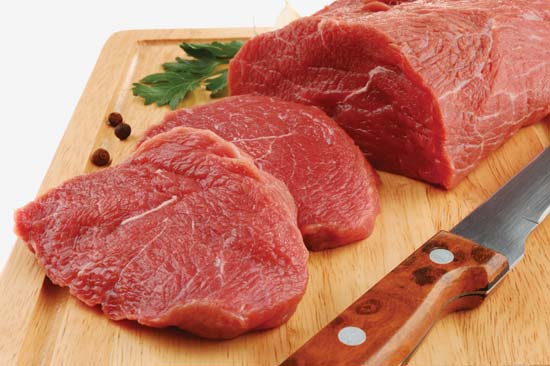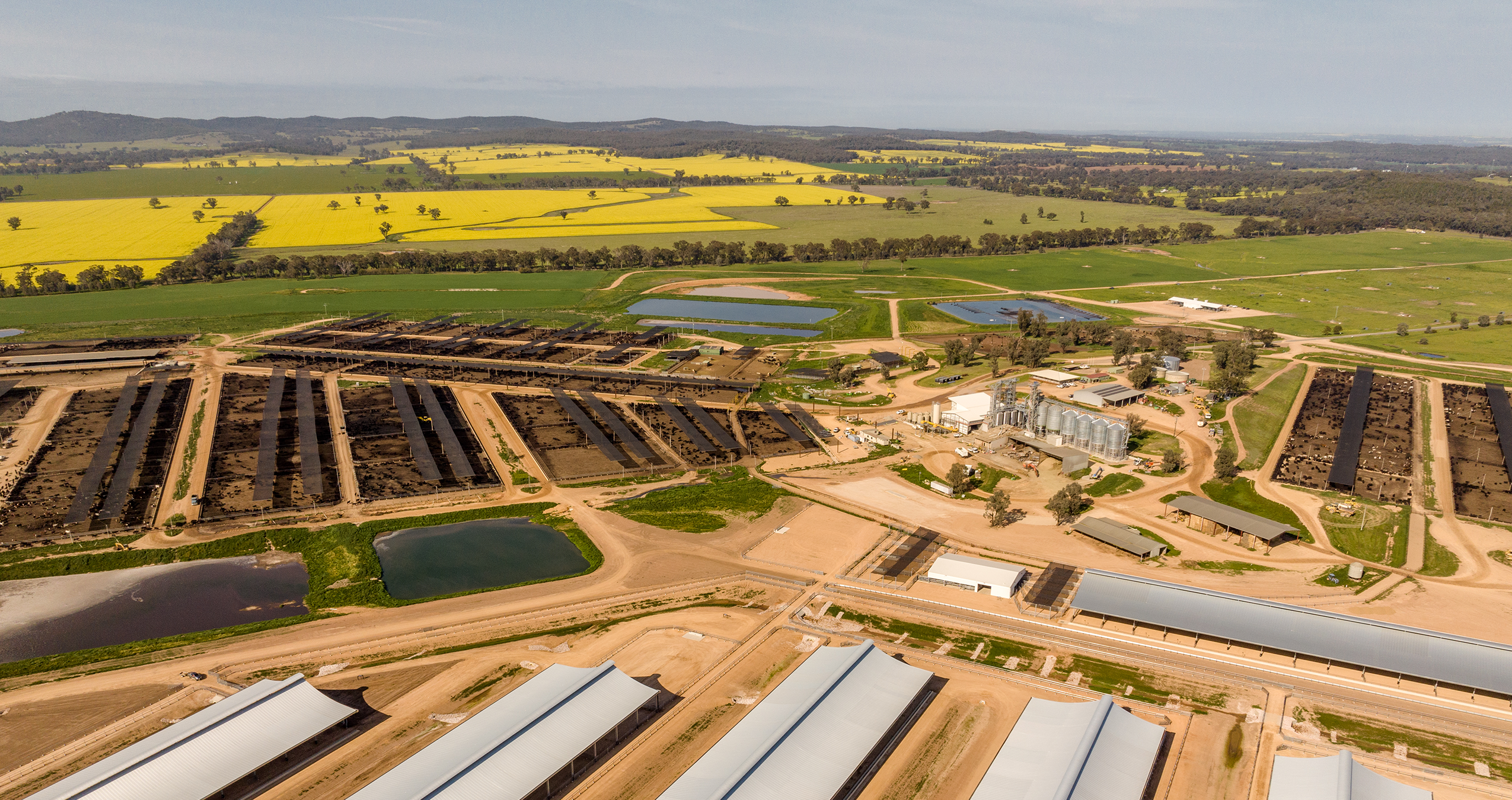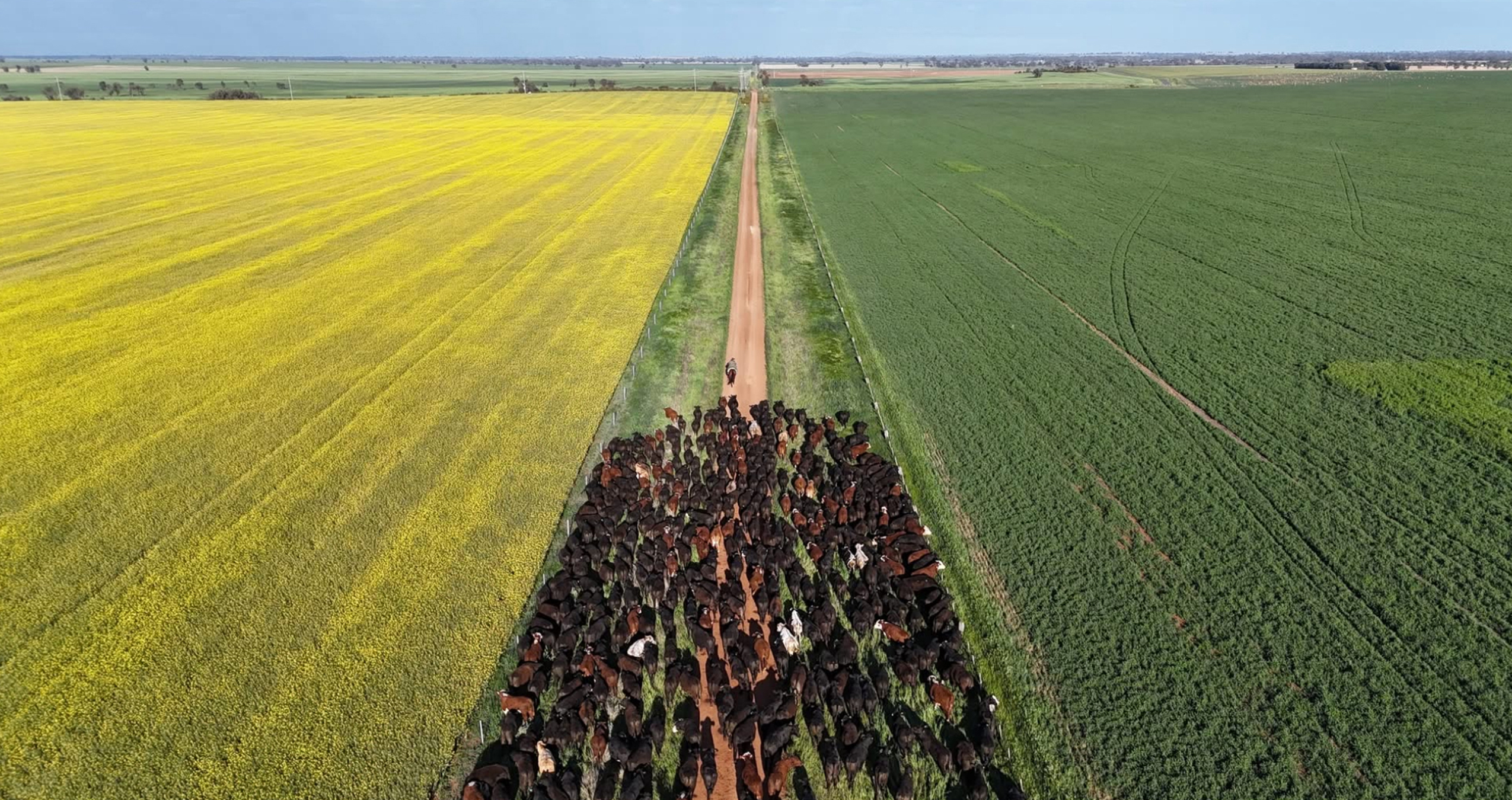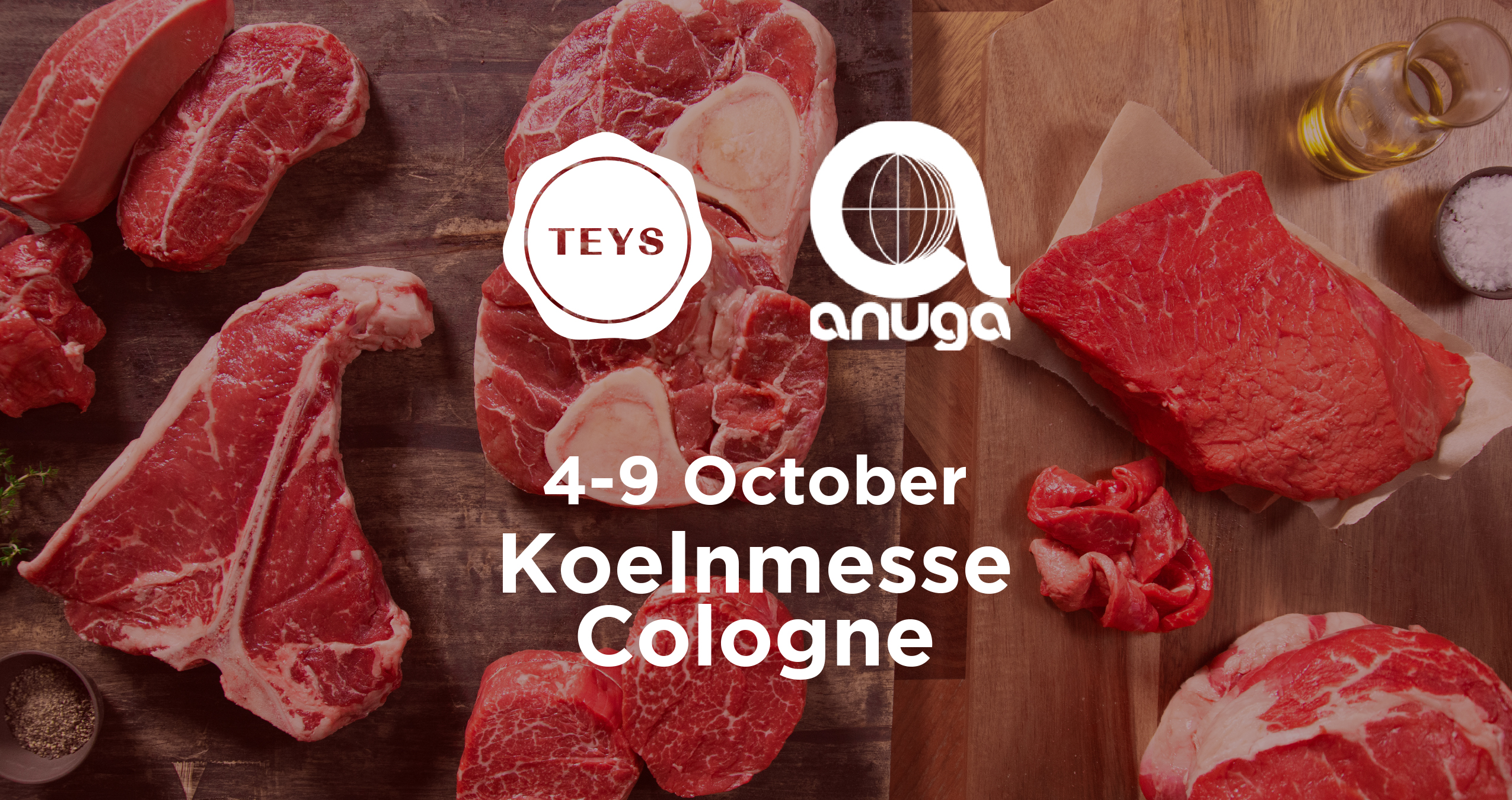
Today it’s time to get back to basics on everything beef. We’re going to take it right back to the very beginning.
“Beef” – what is it? What does it stand for?
Well, just as you might ask something like, “why is it called ‘beef’ instead of ‘cow meat’?”, you might have also sometimes wondered, “why is having an argument called ‘having beef’?”
Why not just “cow meat”?
Let’s start with this question. Aside from the pure elegance of the word “beef” as opposed to the undoubtedly phonetically appealing “cow meat”, there’s a big historical reason as to why we call it “beef”.
Most modern names for different meats come from the Anglo-Norman French names for animals. This was because the Anglo-Normans ate the food, instead of preparing it.
The names we reserve for the animals themselves were the names used by the Anglo-Saxons, who cultivated and raised the animals in the fields. For example, the French name for a cow was “bœuf” – pig was “porc” (pork). So as you can see it wasn’t such a big leap from boeuf to beef.
Why is it called “having beef”?
So that’s why we call beef “beef”. How then, did the term having beef make its way into the modern English lexicon?
It would seem to have emerged as a fairly recent pop-culture phenomenon – it’s big in the hip-hop world, for instance. However, its use in describing disagreements dates back to the mid-19th century.
Its original form “to beef” is formally defined as “to complain”, and its contemporary variation is defined as someone thinking “that someone or something should be changed”.
But where did it come from?
Something like this can’t exactly be verified all that easily, but all we’ve got to go on are the history books. Apparently, it goes back to old London rhyming slang.
Londoners used to cry “hot beef!” (rhymes with: “stop thief!”) to raise the alarm in a touch-and-go situation. “Beef” came to be equated with “to shout”, and it evolved from there to represent what we know it as in its modern form.
History lesson complete
We wouldn’t normally unload this kind of history lesson on our loyal customers, but we just thought it’d be interesting to explore and understand just how comprehensively beef has permeated culture.
 Return to News
Return to News

















